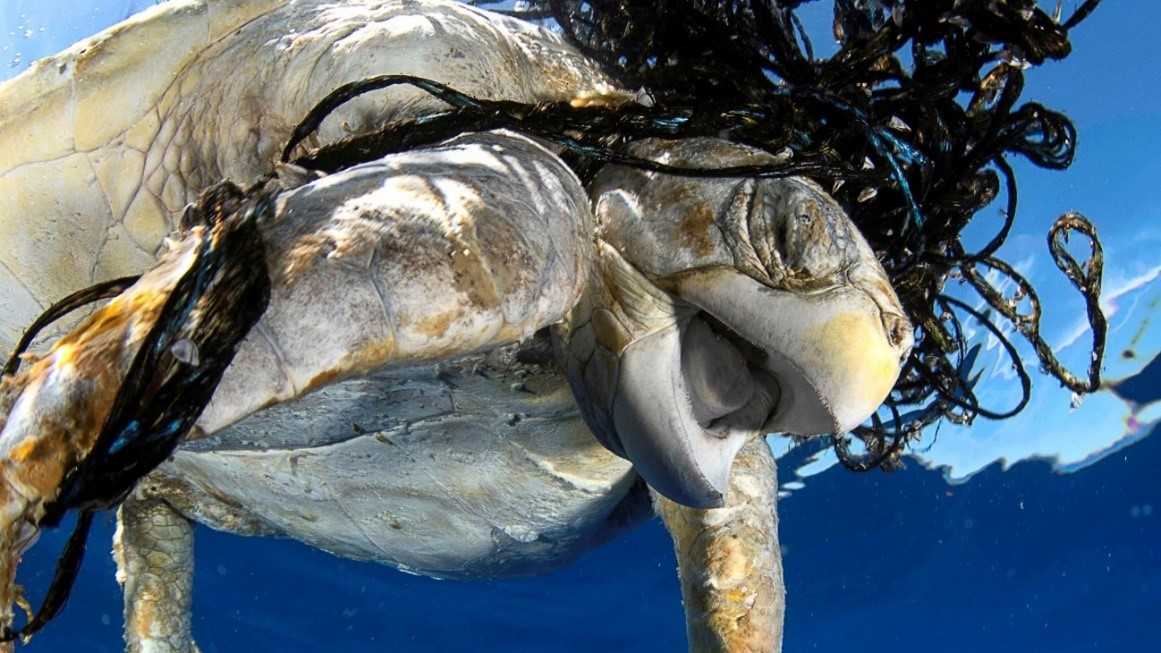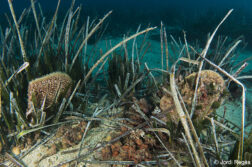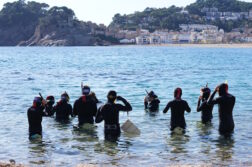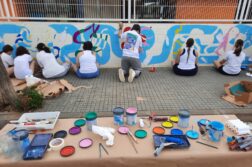Every year, 8 million tons of plastic are dumped into the ocean. Of these, 70% are abandoned or lost fishing gear, according to the Food and Agriculture Organization of the United Nations (FAO). These fishing gears constitute ghost fishing, a problem linked to rudimentary, unregulated or illegal fishing activities that threatens biodiversity, the sustainability of fishing and the safety of navigation.
To address this threat, research institutions, marine wildlife rescue centers, port authorities, diving centers and fishermen’s and sailors’ associations have set up a coordinated network of action in the western and central Mediterranean. The actions of this network will focus on reporting this problem, gathering information and removing these dangerous artifacts adrift, as well as rescuing sea turtles trapped in them.
Observadores del Mar is the tool for centralizing ghost fishing sightings data
As a central tool for the coordination of this network, the Ghost Fishing project has been launched at Observadores del Mar, a leading marine citizen science platform in Spain that integrates citizen data for marine conservation. These data, validated by the scientific team responsible for the project, will be used for the proper management of this scourge in the Mediterranean.
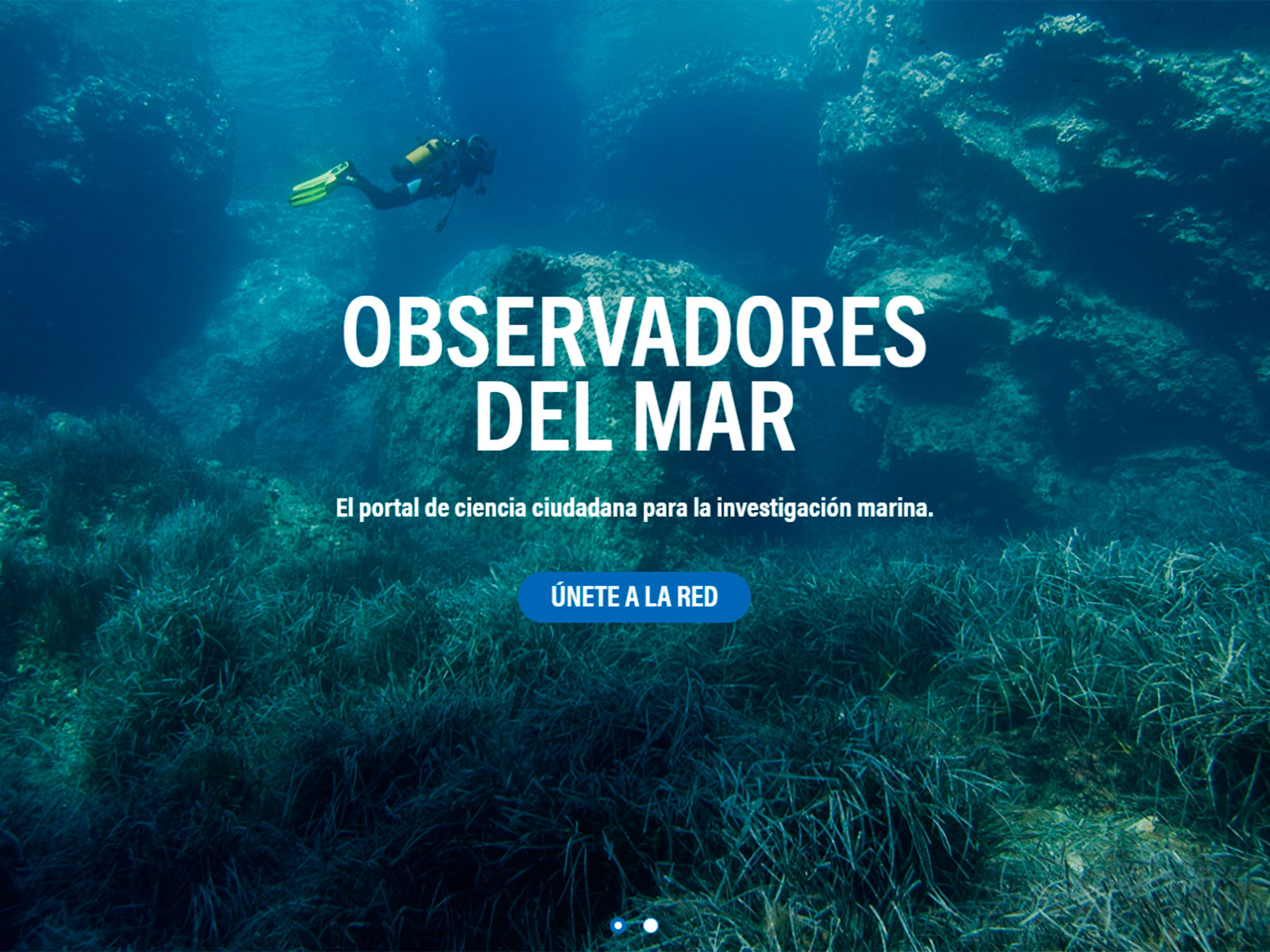
“Abandoned or lost fishing gear is a threat to fishing, marine life and safety at sea. We can all help fight this threat, which is why we call on the public to report this problem to Observadores del Mar” said Ricardo Sagarminaga, head of the Phantom Fishing project’s scientific team and president of Alnitak.
The action network is coordinated by: Alnitak, Hombre y Territorio, ICTS SOCIB, Equinac, Fundación Palma Aquarium, Save the Med, APERRS, Carbopesca. In addition, several entities are actively collaborating: NOAA – NMFS, USFWS, Nature Trust Malta, CECAM, CEGMA, ANSE, Oceancare, among others.
About Observadores del Mar
Observadores del Mar is coordinated by marine research centers of the CSIC (Institute of Marine Sciences, ICM; Blanes Center for Advanced Studies, CEAB; Mediterranean Institute for Advanced Studies, IMEDEA; Spanish Institute of Oceanography, IEO; and Sistema of Coastal Observation of the Balearic Islands, SOCIB) and has the participation of experts from different research centers – national and international. In total, a hundred scientists are responsible for validating all the information that citizens upload to the platform.
Observadores del Mar is also a partner in the LIFE INTEMARES project, which is coordinated by the Biodiversity Foundation of the Ministry for Ecological Transition and Demographic Challenge. In the Balearic Islands, the platform has an alliance with the Marilles Foundation, and in the Canary Islands it actively collaborates with RedPromar, to strengthen marine citizen science in all the islands.


